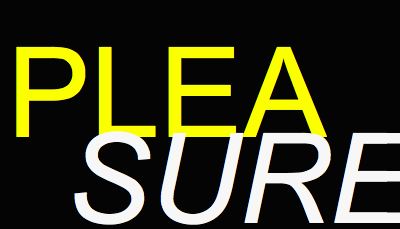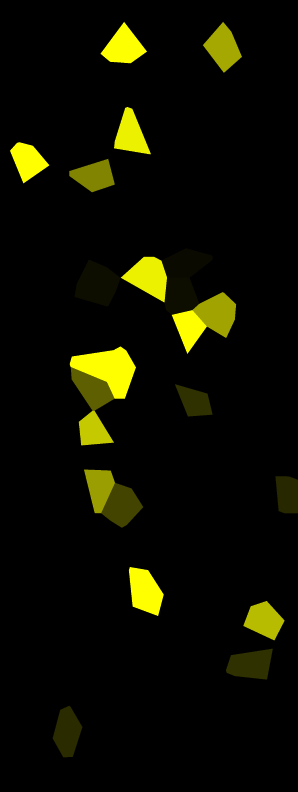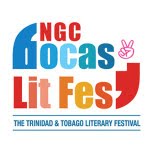 |
| Derek Walcott in a still from Ida Does final version of her 2013 documentary |
IN 2013, I saw an earlier version of Ida Does' documentary Poetry is an Island. Back then, I wrote the film was, "as unexpected as it is indispensable; the kind of gift you cannot imagine parting with even if you never realized you needed it in the first place."
Re-watching the film now (a final cut produced in 2016 was screened on Tuesday in Florida by the Third Horizon Caribbean Film Festival, O Miami Poetry Festival and the O Cinema Wynwood) all the things I found exhilarating in 2013 are now bathed in pathos in the wake of the poet's death. Walcott's beautiful readings here are more heart-wrenching; the piece and its examination of the politics of neglect in the Caribbean has an unshakeable sadness. These are the final scenes, we feel, of a poet's epic life.
And the primary defect I complained of then seems more glaring now. The film is not a biography of the poet; it gives us his life in outline but is skewered in favour of his later years. It falls short when it attempts to give us an account of what makes Walcott's poetry so special, so deserving of international recognition. We are given an admirable analysis by Walcott's childhood friend Arthur Jacobs, yet I was left yearning for more varied, critical voices and for even the perspectives of some of the poets assembled in the film.
The 2016 cut also, understandably, does not include any of the work produced by Walcott in his great collaboration with Peter Doig, a final chapter which in many ways saw Walcott reaching new heights. VS Naipaul is mentioned as being too harsh a critic of the West Indies, yet the film seems to confirm - if only momentarily - one aspect of Naipaul's caustic views of the region when it decries how Walcott's plans for an artists' colony have never been supported; and when a theatre on the island named after its Nobel Laureate is pictured in ruins.
Still, Does's documentary retains its spell-binding power, especially its moments covering Walcott's great Nobel Lecture dealing with Ramleela in Felicity. These moments remind us of the presence of literature all around us; a literature that forces us to see each other in a different light, to challenge our myopic and bigoted thinking. Here is a film which, like a fine Walcott poem, reminds us of the true power of language and of seeing the world anew through art.
























